The Importance of Up-to-Date Accounts
Tania Collie
February 3, 2025
Keeping your accounts up-to-date is essential for the smooth and successful operation of any business.
Accurate and timely record-keeping is not just about compliance with tax regulations, as it offers a multitude of benefits that can significantly impact your business's financial health and overall success.
What are Up-to-Date Accounts - how do they look?
●
Knowledge is power -
accurate and timely financial information empowers business owners to make informed decisions and potential issues can be addressed before they escalate.
● Bank balances match - ensuring that recorded transactions in accounting software align with bank statements.
● Debtors are up to date - ensuring invoices are completed and sent to customers as early as possible, reconciling payments made by debtors will help identify potential bad debts. This can also inform credit policies and prevent further sales to non or late payers.
● Creditors - bills put in, not waiting for statements - entering bills in once items are purchased ensures accurate liability tracking, facilitates ontime payments, and helps to maintain good supplier relationships. This can also help take advantage of early payment discounts.
● Inventory - accurate and updated inventory records can be relied upon for decision making. Regular review and management of stock ensures the right level of stock is on hand to minimise obsolescence and possibly reduce carrying costs.
● Expenses are entered so that value for money is reviewed - timely recording of expenses allows for accurate cost tracking, expense analysis and highlights potential cost saving opportunities.
● Margins can be monitored regularly and adjusted - up-to-date accounts enable the regular monitoring of profit margins, allowing for timely adjustments to pricing, to ensure profitability.
The use of digital tools such as Dext, HubDoc, and debtor-chasing apps can streamline financial processes and improve efficiency.
Benefits of Up-to-Date Accounts
● Informed Decision-Making: By maintaining up-to-date accounts, you can gain a clear and comprehensive understanding of your business's financial current position and performance. This knowledge allows and empowers you to make informed decisions about all areas of your business, such as inventory, staffing, and pricing.
● Access to Funding: When you are looking to apply for a loan or investment, potential lenders and investors will scrutinise your financial records. Up-to-date accounts demonstrate your financial responsibility and viability. This will make it easier to secure the funding you may need to grow your business.
● Compliance with Regulations: Keeping accurate records ensures that you can meet your tax, superannuation, and employer obligations. This helps you avoid penalties and legal issues that can arise from non-compliance.
● Effective Cash Flow Management: By tracking your income and expenses, you can identify trends and potential cash flow problems before they become critical. This allows you to take proactive steps to manage your cash flow and ensure that you have the funds you need to meet your obligations.
Importance of Accurate Financial Records
Accurate financial records are the foundation of sound financial management. They provide a reliable picture of your business's financial position and enable you to:
● Prepare Accurate Financial Statements: Financial statements, such as the balance sheet and income statement, are essential for understanding your business's financial health. Accurate records ensure that these statements are reliable and can be used to make informed decisions.
● Protect Against Fraud and Errors: Regular reconciliation of your accounts helps you identify and rectify discrepancies, protecting your business from fraud, mismanagement, and costly errors.
● Future compliance trends - Trends like e-invoicing, the ATO’s vision toward real-time tax lodgements, and increased reporting requirements for Single Touch Payroll (STP) will become more prevalent.
Efficiency of Digital Record-Keeping
Establishing a digital record-keeping system can streamline your accounting processes and save you valuable time. Digital records are easily searchable and can be backed up securely, reducing the risk of data loss. In many cases, digital records can replace paper copies, unless specific regulations require physical records.
Key Takeaway
Keeping your accounts up-to-date is not just a legal requirement. It is a strategic business decision for anyone involved in business as it improves your ability to succeed in today's competitive environment. By investing time and resources in accurate and timely record-keeping, you can gain valuable insights, make informed decisions, and build a strong financial foundation for your business's future.




